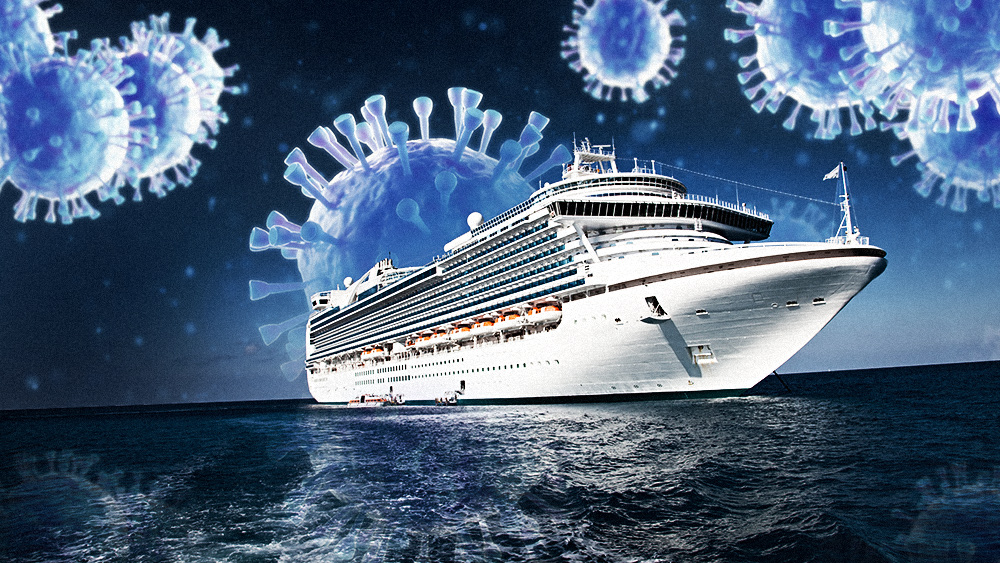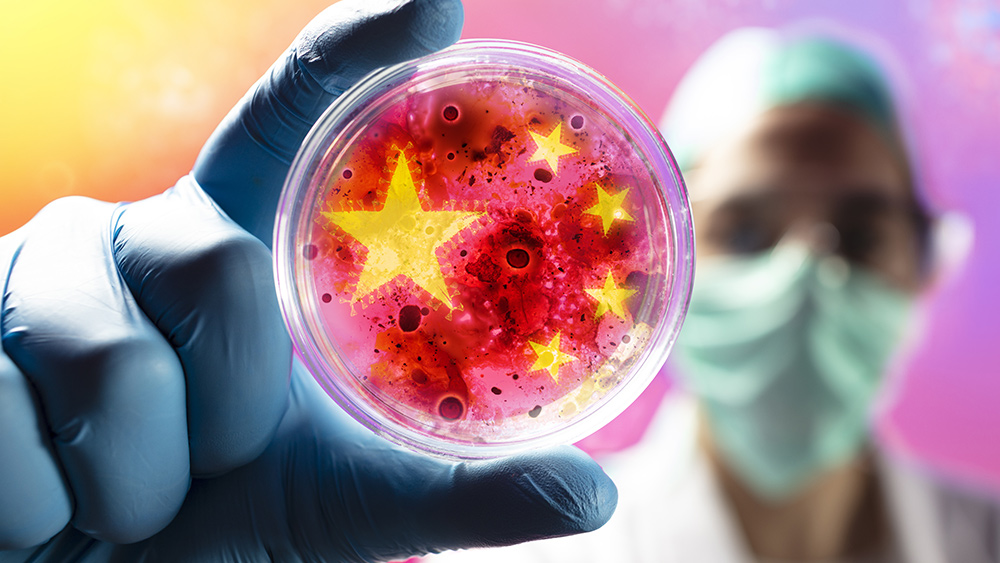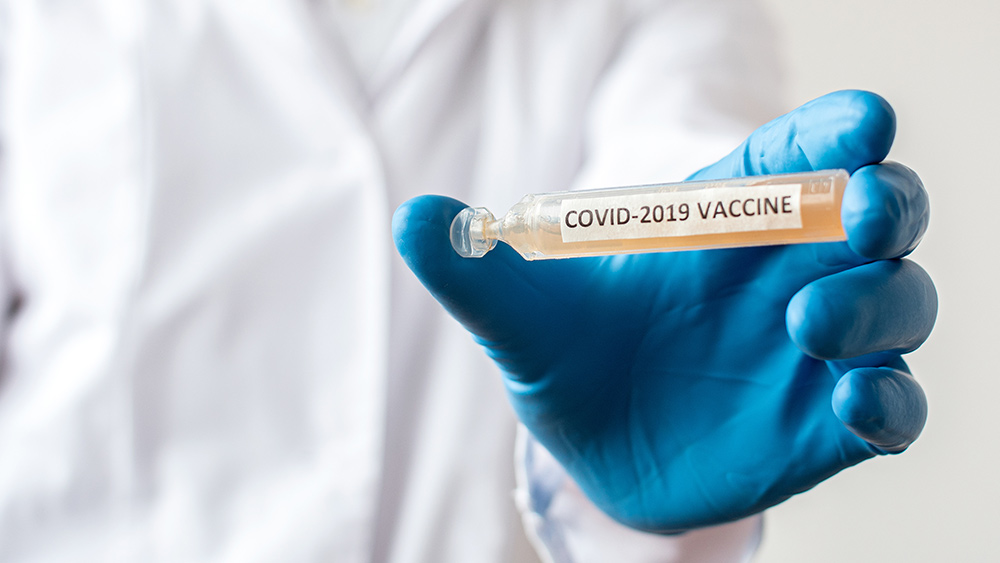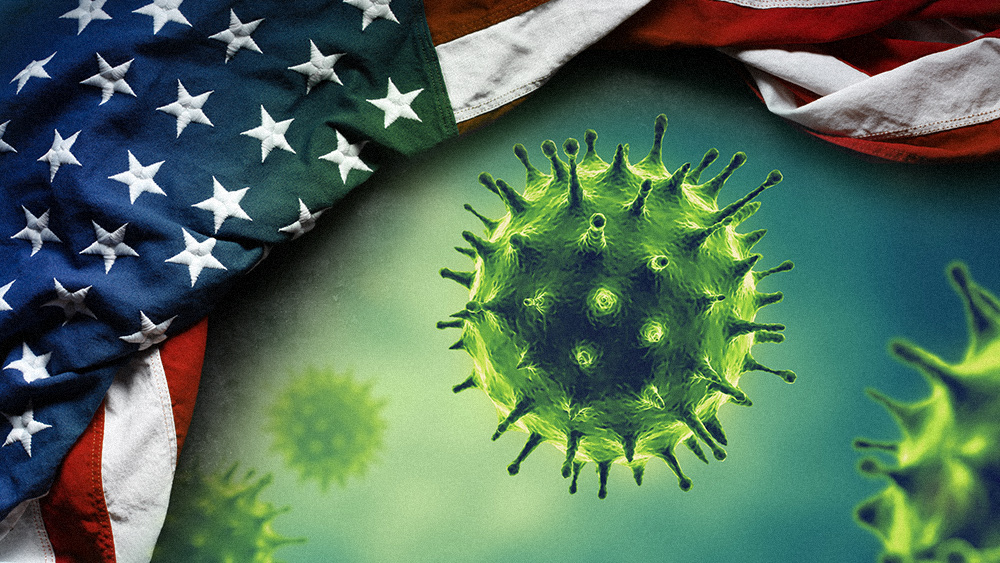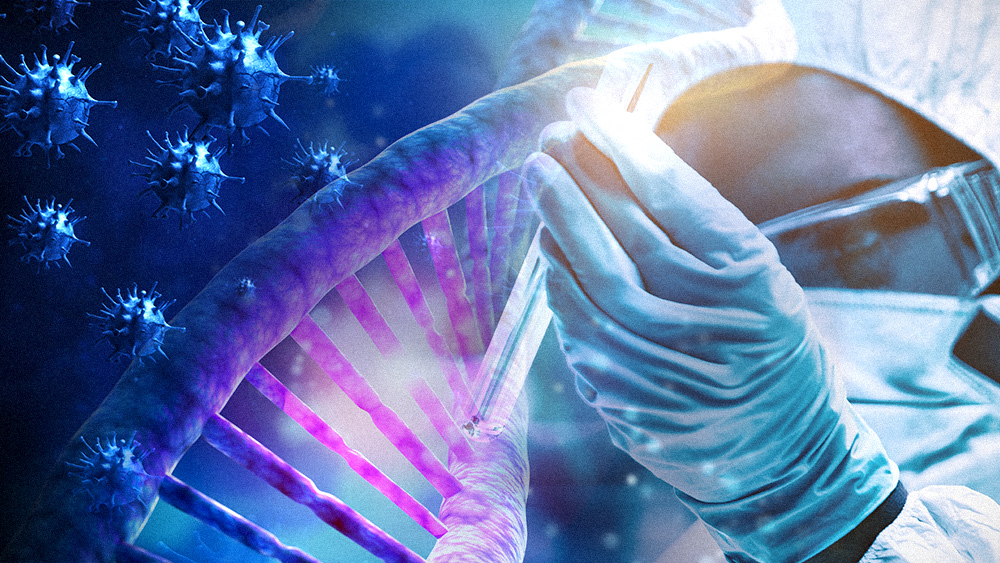Degradation of genetic material in sperm after exposure to ionizing radiation
02/26/2020 / By Evangelyn Rodriguez

Researchers from Poland discussed the effect of ionizing radiation (IR) originating from artificial sources, particularly medical ones, on the male reproductive system. Their review was published in the journal Annals of Agricultural and Environmental Medicine.
- According to recent findings, although spermatogonia are less susceptible to DNA damage caused by exposure to IR, they nevertheless suffer from slower DNA repair than somatic cells.
- Damage to genes after IR exposure is possible at each stage of spermatogenesis, with haploid spermatids showing the highest radiosensitivity.
- While the genetic risk of cells differentiating during spermatogenesis is limited to one cycle, the genetic instability may persist for life.
- DNA damage caused by IR exposure may also be transmitted to future generations.
- Reports suggest that the minimum dose that can cause detectable DNA damage is 30 gray (Gy).
- As this dose increases, the number of single-strand DNA breaks also increases.
- Among men exposed to IR, researchers have observed a decrease in sperm motility, the percentage of morphologically normal spermatozoa and intensification of vacuolization.
- The genetic material in the sperm of these males also show high fragmentation and methylation of genomic DNA.
The researchers believe that the reproductive risk of IR exposure, especially from medical sources, should be considered due to the prevalence of infertility.
Journal Reference:
Wdowiak A, Skrzypek M, Stec M, Panasiuk L. EFFECT OF IONIZING RADIATION ON THE MALE REPRODUCTIVE SYSTEM. Annals of Agricultural and Environmental Medicine. 2019;26(2):210–216. DOI: 10.26444/aaem/106085
Tagged Under: DNA damage, Infertility, ionizing radiation, medical sources, men's health, radiation science, research, sperm, spermatogenesis


